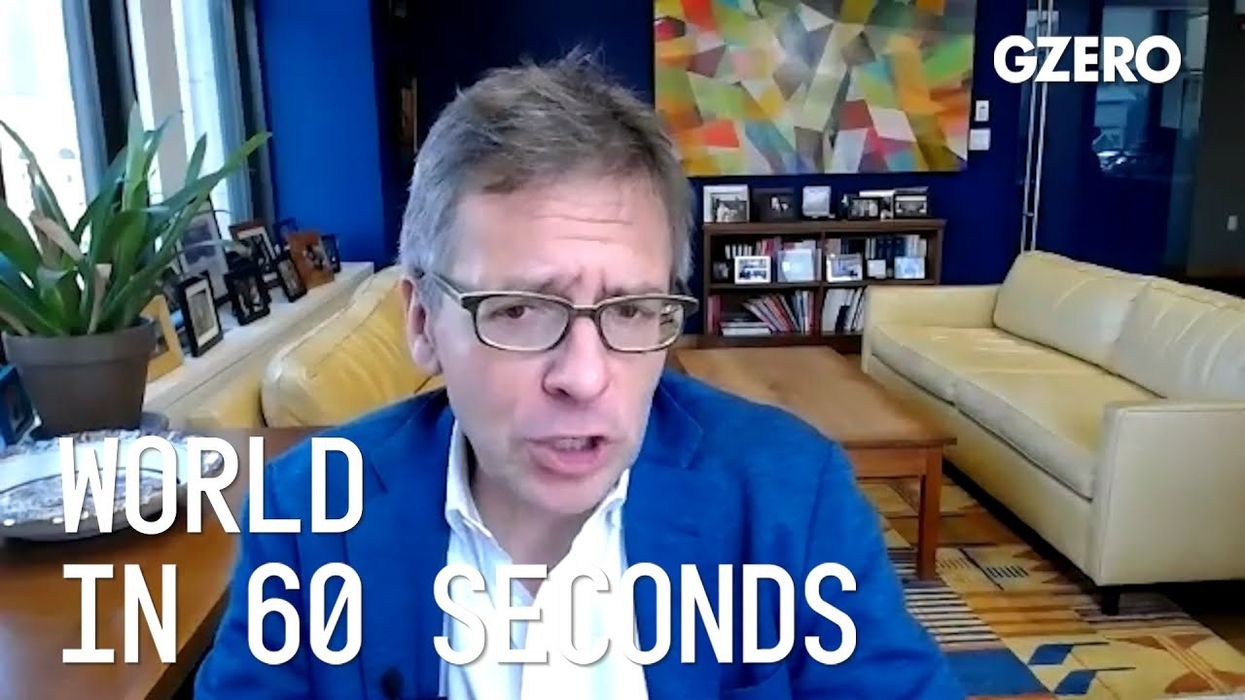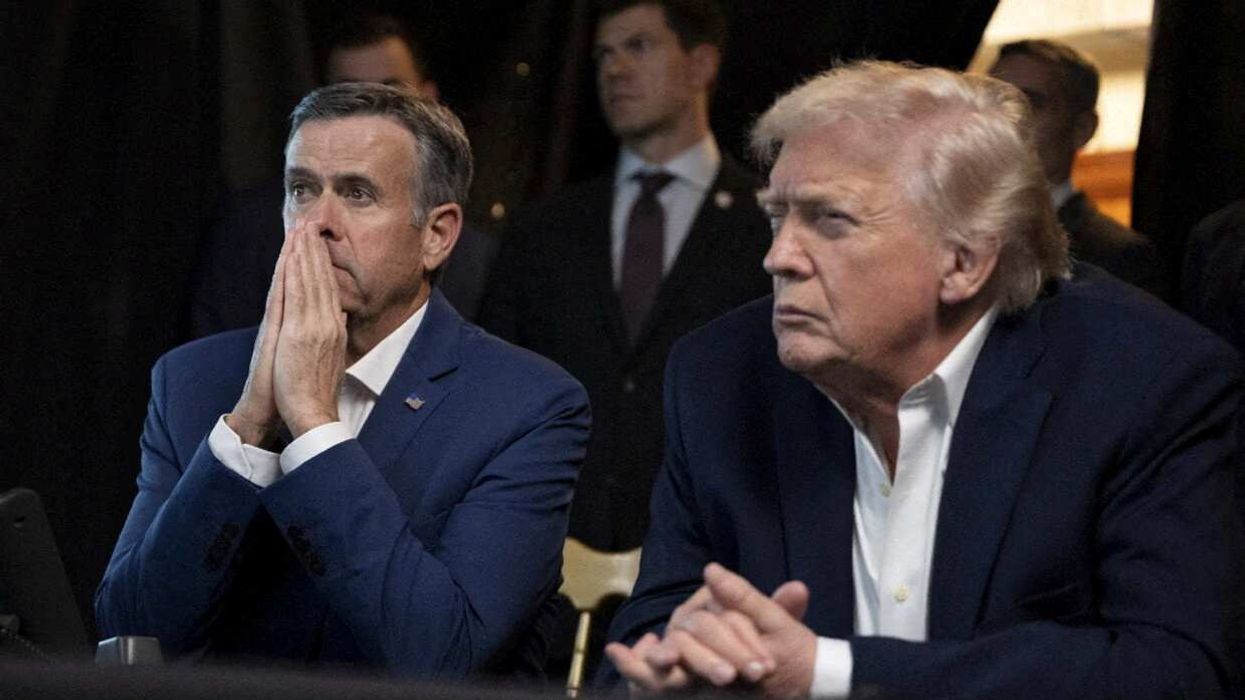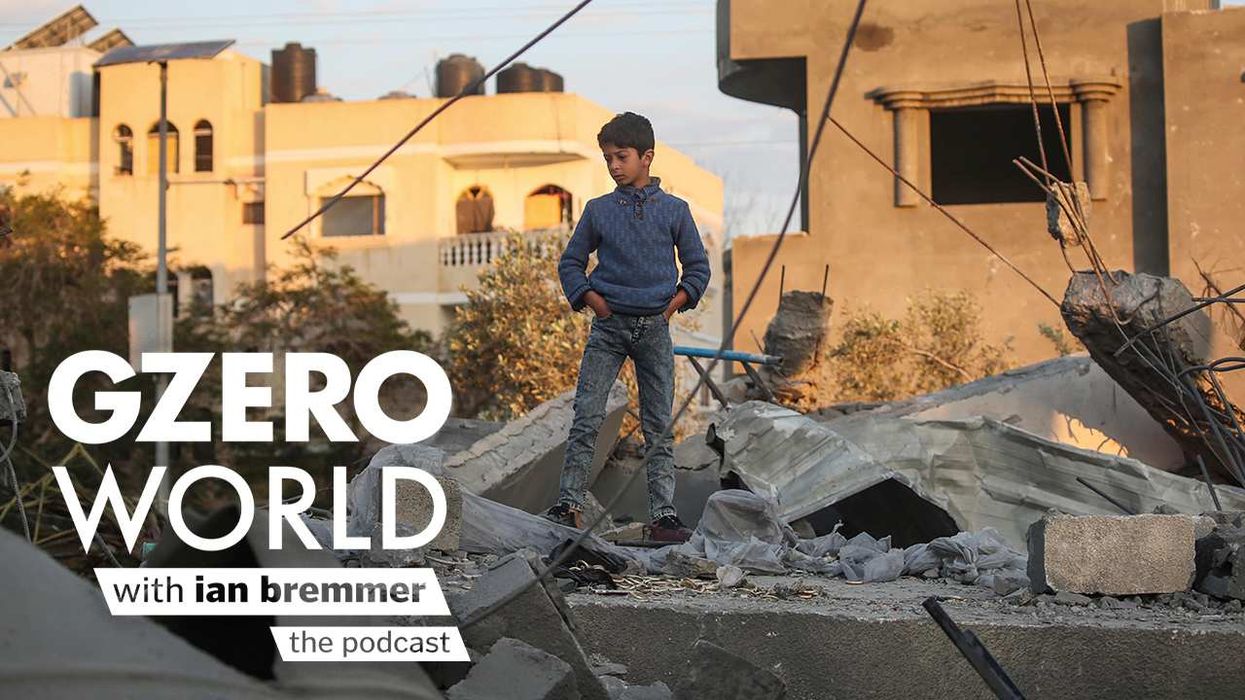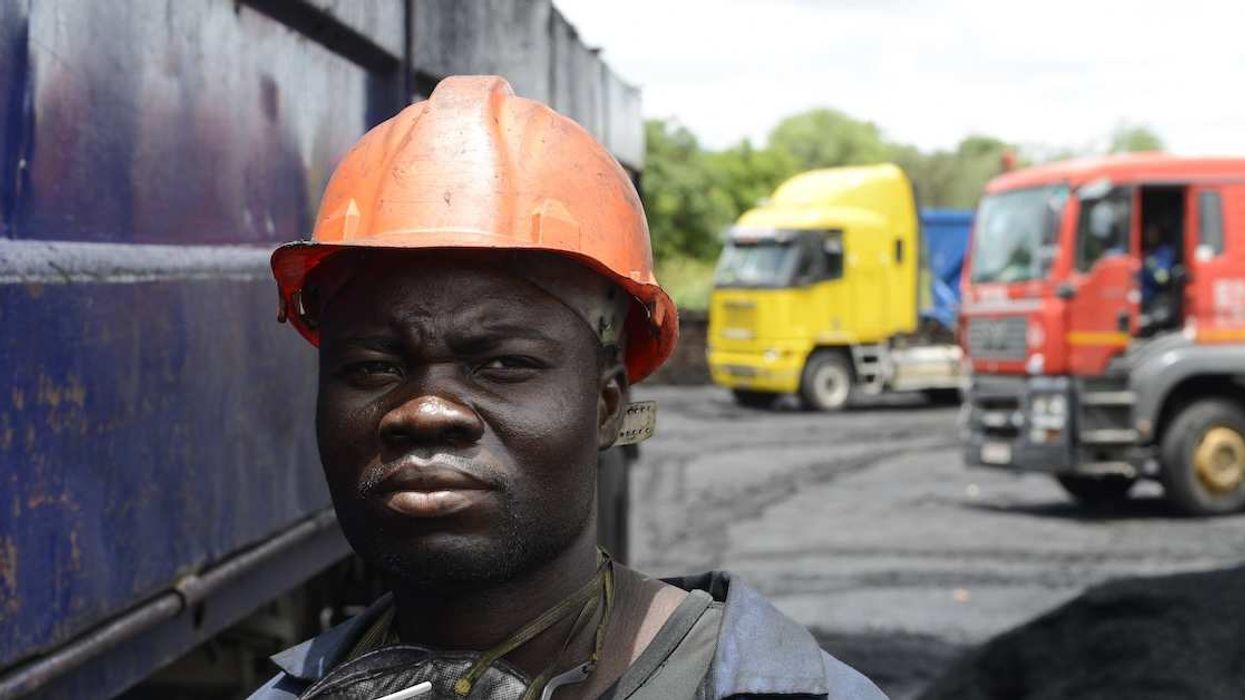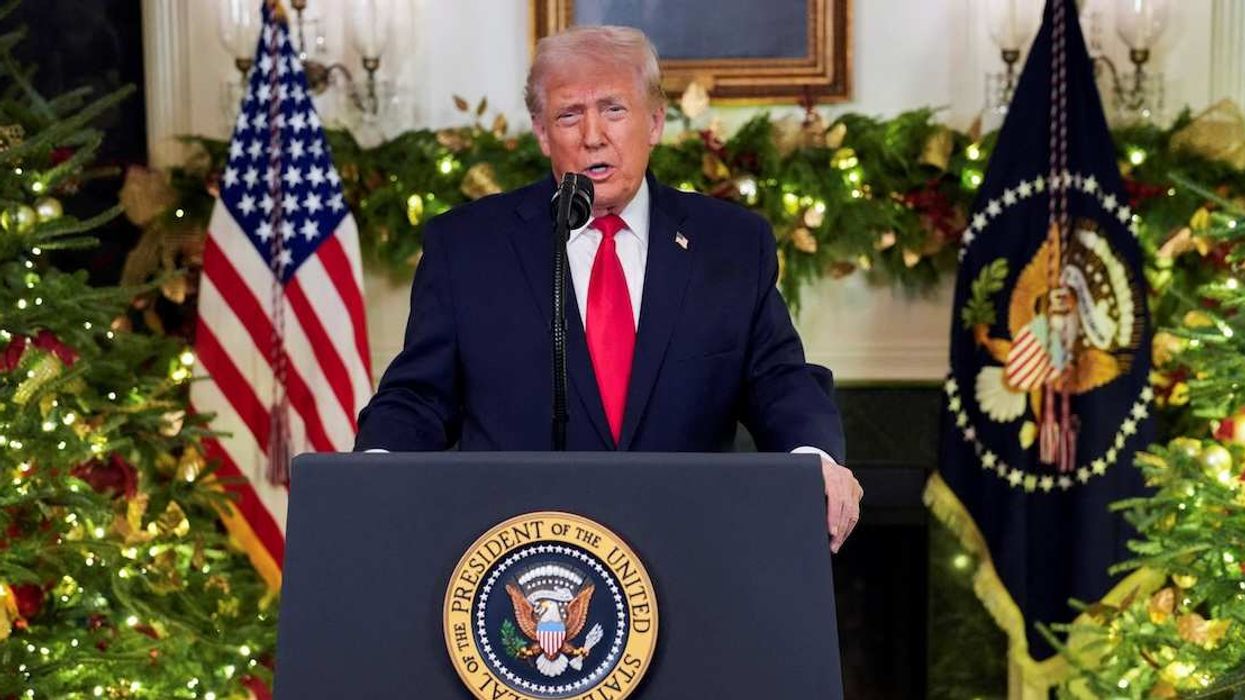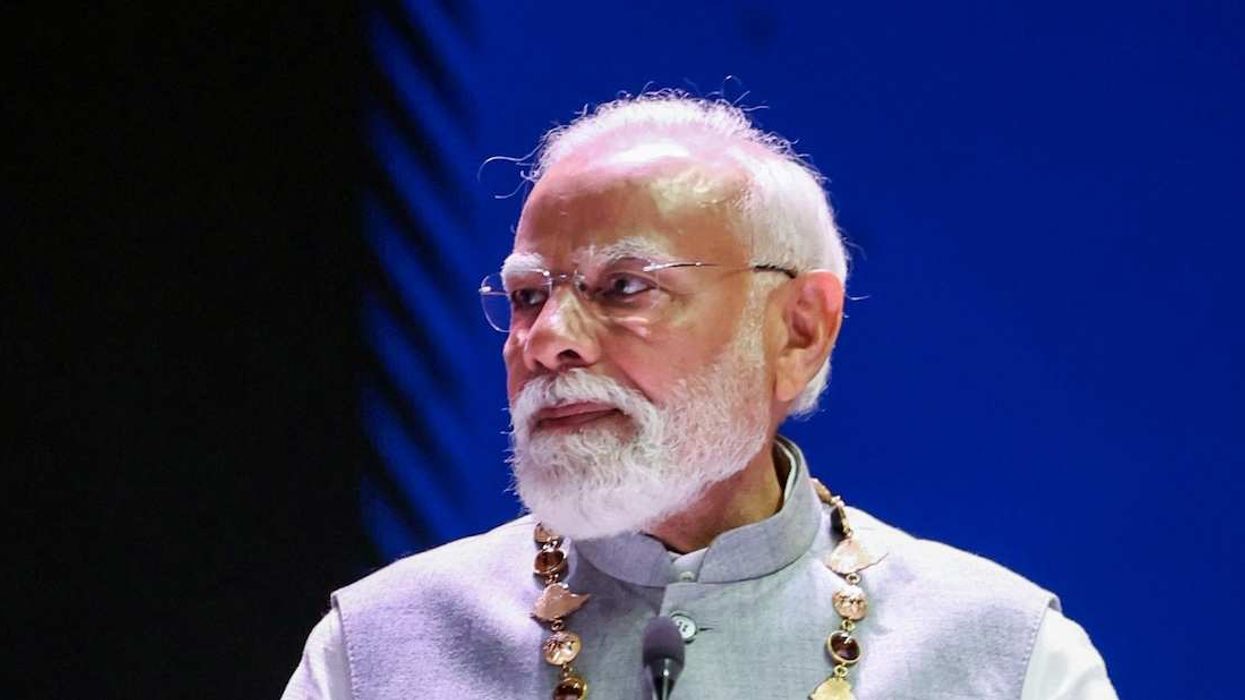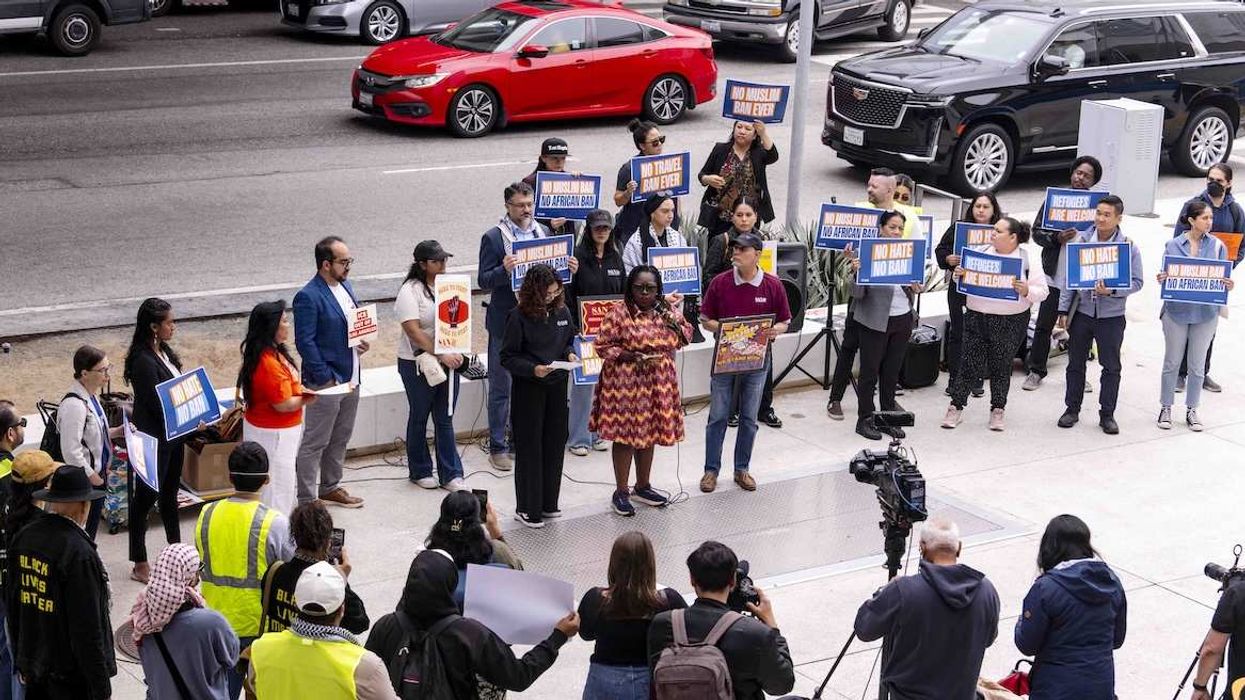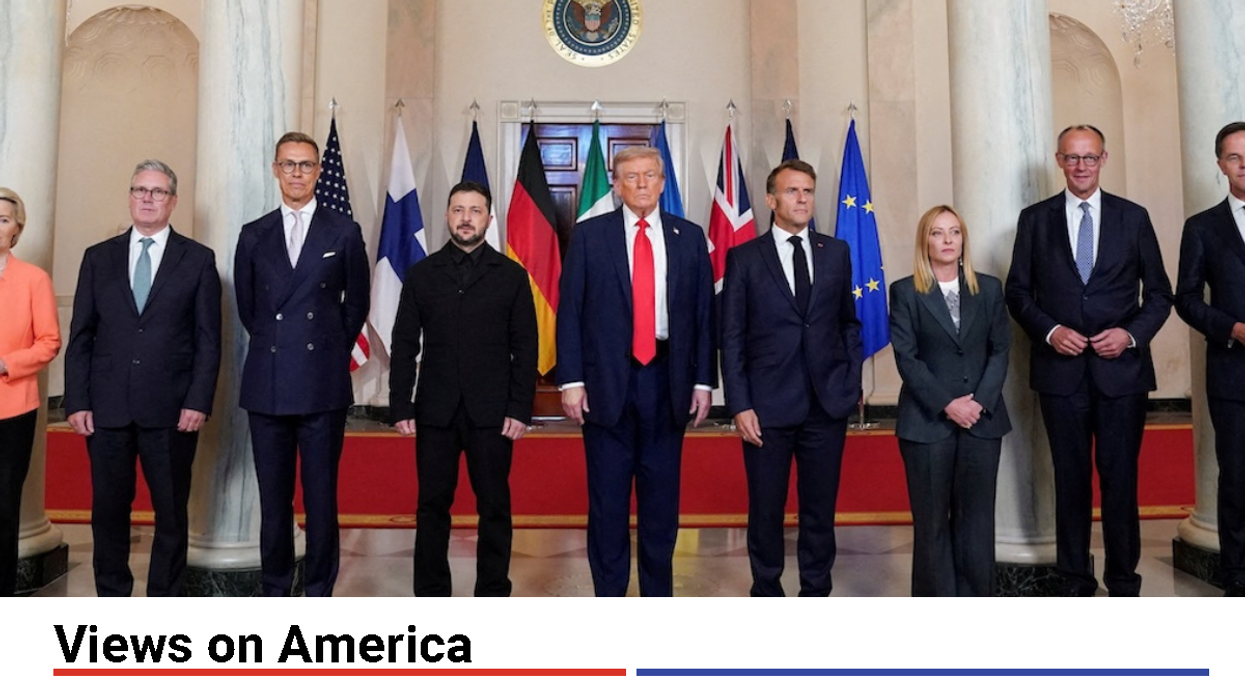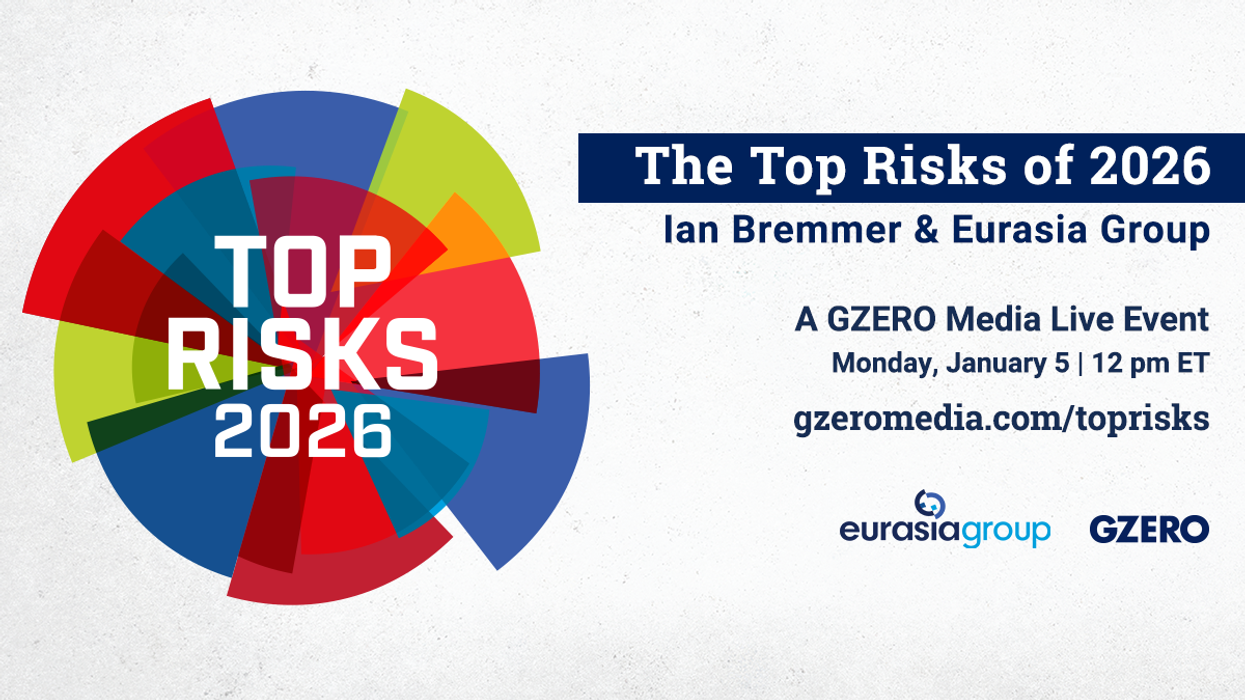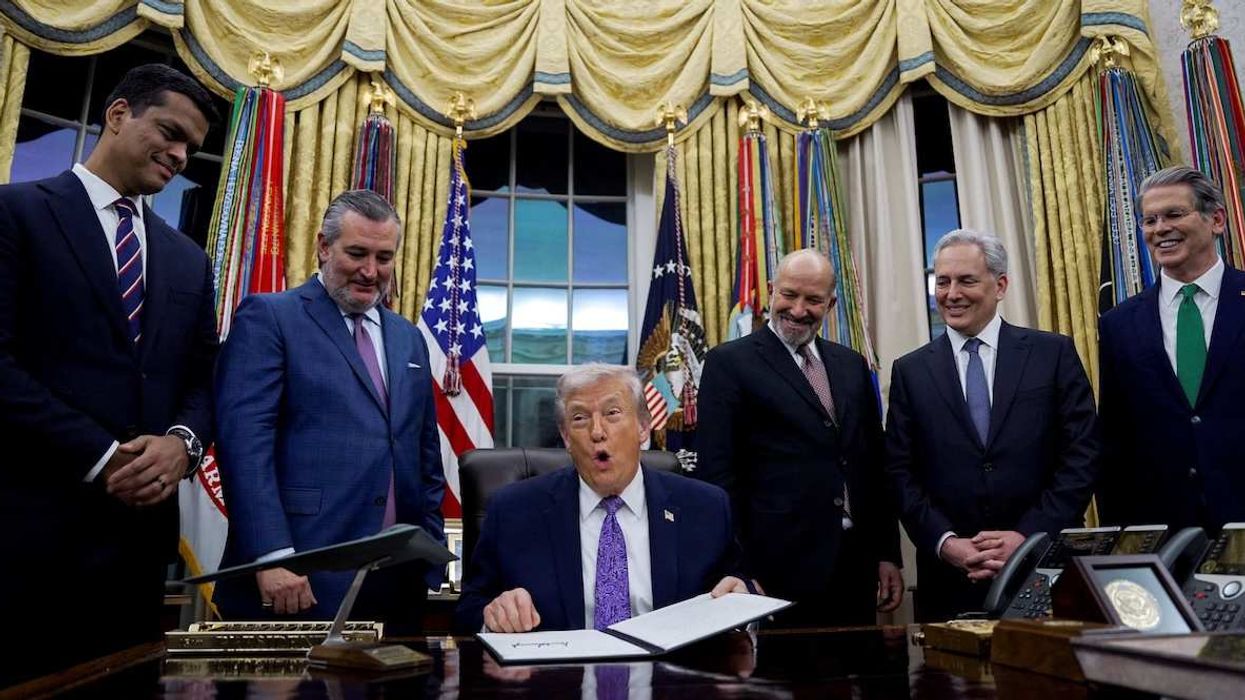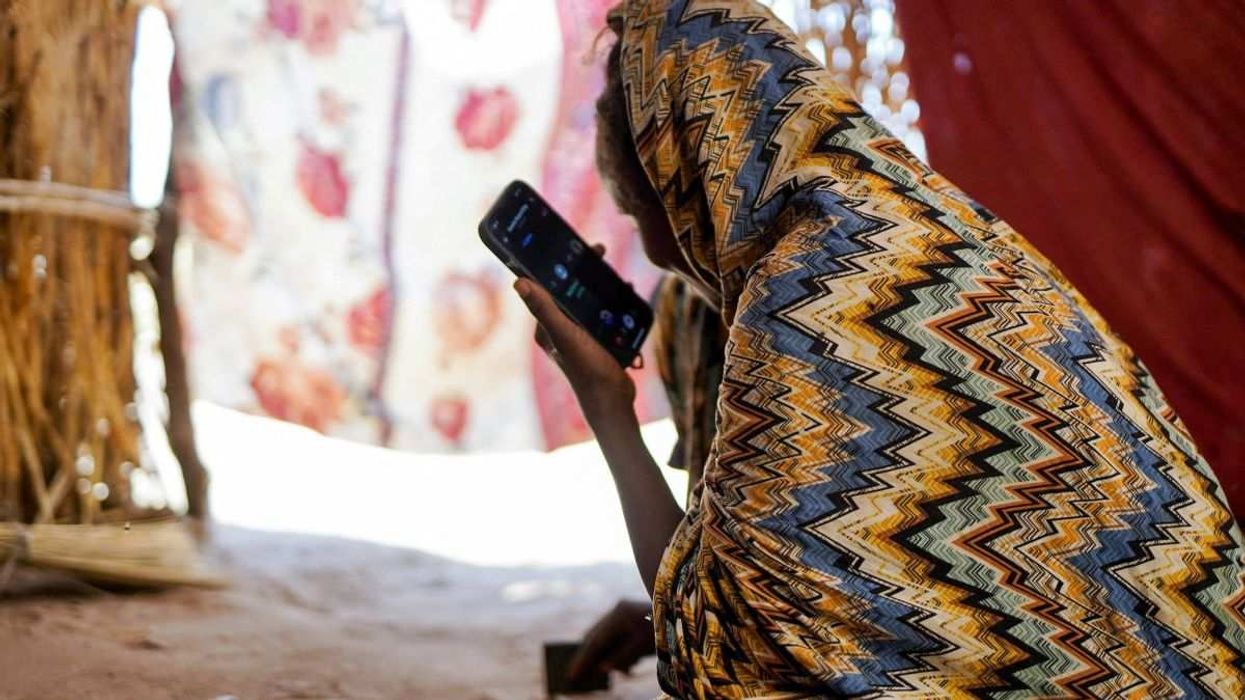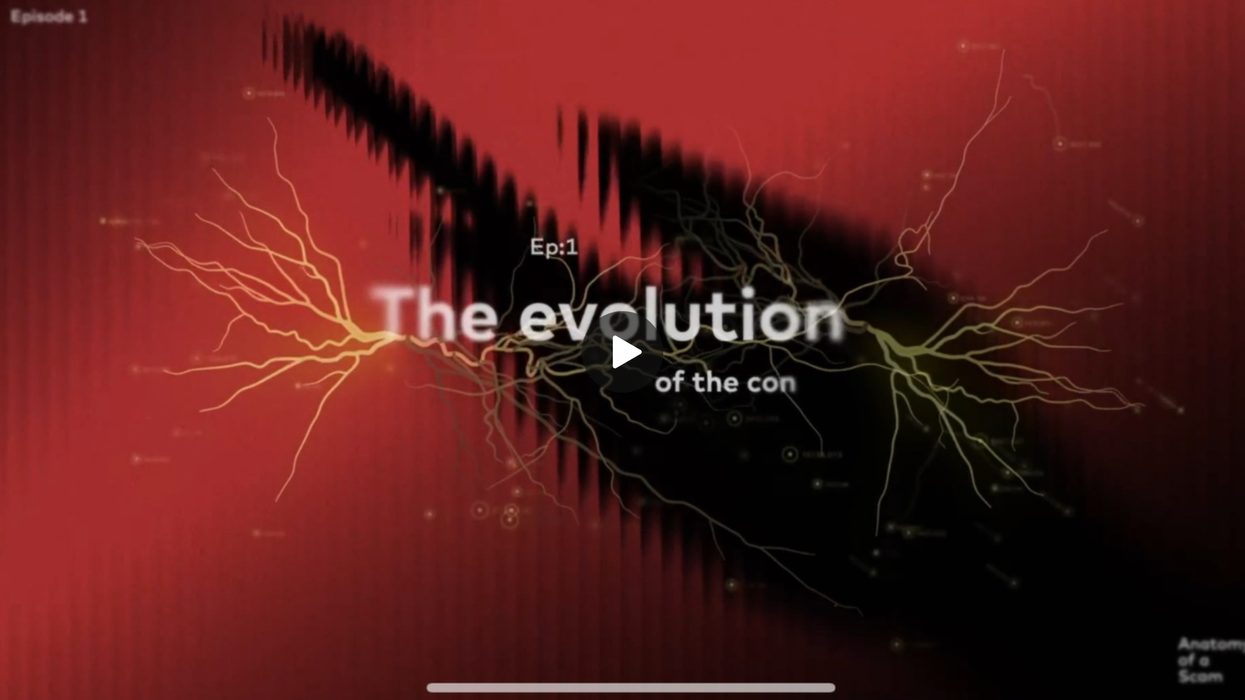VIDEOSGZERO World with Ian BremmerQuick TakePUPPET REGIMEIan ExplainsGZERO ReportsAsk IanGlobal Stage
Site Navigation
Search
Human content,
AI powered search.
Latest Stories
Start your day right!
Get latest updates and insights delivered to your inbox.
Latin America & Caribbean
Presented by
Ian Bremmer provides his perspective in (slightly) more than 60 seconds: In fighting this pandemic, do you anticipate more drastic lockdown measures in the US soon?
No, I think the answer to that at this point is no. Even though we expect the next week, two weeks, are going to be the most challenging in terms of the numbers of new cases and deaths in different cities across the country. No, the bigger question is when we start to see a relaxation of that lockdown, which will certainly start happening in the coming, say, four-six weeks, but in different states, in different cities, with different politics behind them, what's the likelihood we have to engage in new shut down? Which is incredibly difficult to do and will make those political leaders look like they acted intemperately. You already see that in places where they've acted very well.
In Singapore, they just had to do a new one-month shutdown. In Japan, they just had to announce a new state of emergency. Clearly, even with the best governance, you're likely to have additional shutdowns in the US. In other words, you don't go from red to green light. You go from red to flashing yellow. And you've got to be really careful before you start moving again. And it's going to frustrate people like hell that we're going to have additional shutdowns in the US. And those political decisions are going to be very, very difficult.
With Boris Johnson hospitalized, where does that leave the United Kingdom?
Well, as of right now, he's not on a ventilator. And that means that Dominic Raab, who is the first secretary and is effectively acting prime minister, but he is still consulting with the PM on key decisions. If Boris Johnson needs a ventilator, he's then sedated, Raab has got to be in charge. He has nowhere near the empathy or the support of the party or of the people that Boris Johnson does. Also, the decisions being taken by the UK in the coming weeks as to how to, when to start relaxing the lockdown, every bit as hard for the UK as here in the United States. A hell of a lot harder with a leader that doesn't really have the authority of his own cabinet, with a cabinet that isn't enormously aligned on these issues and will feel like they should express that lack of alignment very publicly, if Boris isn't there. So, let's hope, let's certainly hope he gets better. Let's also hope he doesn't have to go on a ventilator. But we'll see. Of course, if he does go on a ventilator, given his age, the likelihood he makes it out is close to a coin flip. And that, that shows you the seriousness of this disease.
Is Brazil's handling of coronavirus about to get better now that Bolsonaro was talked down from firing his Health Minister?
Well, thank God he was talked down from firing his health minister. My God, the guy is incredibly competent, the health minister. He has like 75% approval ratings. He was the one thing that you look at Brazil and say, okay, well, at least they've got a competent guy in the cabinet who folks are listening to. And Bolsonaro was like, oh, he's too popular, I'm going to fire him. Well, he was talked off that ledge by a lot of people in his own administration who said, if you do that, there's going to be a move to impeach you. But Bolsonaro is intemperate, he's emotional, he doesn't like listening to folks. A little bit like some other leaders we can think about. And I don't think he's out of the woods at all because Bolsonaro is still the one who's telling his citizens, everything's fine, you don't need to go on lockdown. And as a consequence, when you look at the geo location data, you see that since Bolsonaro has been on this rant, people have been moving around a lot more. And that means a lot more people are getting the virus. The economic impact, the human impact in Brazil, going to be a lot greater.
Keep reading...Show less
More from Latin America & Caribbean
Venezuela after Maduro: the key questions now.
January 03, 2026
Hard numbers: Venezuela edition
January 03, 2026
Quick Take
Jan 03, 2026
Puppet Regime
Dec 31, 2025
Geopolitical uncertainty? Oil markets no longer care
December 30, 2025
ask ian
Dec 29, 2025
A year after Assad’s fall, can Syria hold together?
December 29, 2025
Economic Trends Shaping 2026: Trade, AI, Small Business
December 27, 2025
Protests against AI rock the North Pole
December 24, 2025
Beyond Gaza and Ukraine: The wars the world is ignoring
December 23, 2025
Revisiting the top geopolitical risks of 2025
December 23, 2025
Top risks of 2025, reviewed
December 23, 2025
Israel is still banning foreign media from entering Gaza
December 23, 2025
Is the US heading toward military strikes in Venezuela?
December 22, 2025
The top geopolitical stories of 2025
December 22, 2025
Trump to Zelensky: Just keep it light bro
December 22, 2025
GZERO World with Ian Bremmer
Dec 22, 2025
Economic Trends Shaping 2026: Trade, AI, Small Business
December 21, 2025
War and Peace in 2025, with Clarissa Ward and Comfort Ero
December 20, 2025
Ian Explains
Dec 19, 2025
A former immigration chief weighs in on Trump’s second act
December 19, 2025
You vs. the News: A Weekly News Quiz - December 19, 2025
December 19, 2025
Trump is at risk of falling into the Biden trap on the economy
December 18, 2025
Europe’s moment of truth
December 17, 2025
Top 10 Quotes from GZERO World with Ian Bremmer in 2025
December 17, 2025
Consumers are spending–just not evenly
December 17, 2025
Viewpoint: Trump wants a Europe more like US
December 17, 2025
What’s Good Wednesdays™, December 17, 2025 – holiday movie edition
December 17, 2025
Walmart's $350 billion commitment to American jobs
December 17, 2025
Join us live on Jan. 5 for the Top Risks of 2026 with Ian Bremmer
December 16, 2025
Tools and Weapons – In Conversation with Ed Policy
December 16, 2025
Six elections to watch in 2026
December 16, 2025
Trump, loyalty, and the limits of accountability
December 16, 2025
Putin's big holiday party mistake
December 16, 2025
Wikipedia's cofounder says the site crossed a line on Gaza
December 16, 2025
Europe takes control of Ukraine’s future
December 15, 2025
An ally under suspicion
December 15, 2025
In Wikipedia We Trust?
December 15, 2025
Economic Trends Shaping 2026: Trade, AI, Small Business
December 13, 2025
Why we still trust Wikipedia, with cofounder Jimmy Wales
December 13, 2025
Understanding AI in 2025 with Global Stage
December 13, 2025
Can we still trust Wikipedia?
December 12, 2025
How chads and China shaped our world
December 12, 2025
You vs. the News: A Weekly News Quiz - December 12, 2025
December 12, 2025
Republicans lose on Trump’s home turf again
December 11, 2025
It’s official: Trump wants a weaker European Union
December 10, 2025
The power of sports
December 10, 2025
Japan’s leader has had a tricky start. But the public loves her.
December 10, 2025
What’s Good Wednesdays™, December 10, 2025
December 10, 2025
Walmart's $350 billion commitment to American jobs
December 10, 2025
Tools and Weapons – In Conversation with Ed Policy
December 09, 2025
Honduras awaits election results, but will they be believed?
December 09, 2025
Geoffrey Hinton on how humanity can survive AI
December 09, 2025
Notre Dame, politics, and playing by their own rules
December 08, 2025
Trump’s new national security strategy targets Europe
December 08, 2025
Egypt’s Undemocratic Election - And Why the West doesn’t care
December 08, 2025
'Godfather of AI' warns of existential risks
December 08, 2025
Anatomy of a Scam
December 06, 2025
The human cost of AI, with Geoffrey Hinton
December 06, 2025
Will AI replace human workers?
December 05, 2025
The genocide no one talks about any more
December 05, 2025
Freelance Producer- Broadcast and Digital Video
December 05, 2025
GZERO Series
GZERO Daily: our free newsletter about global politics
Keep up with what’s going on around the world - and why it matters.
